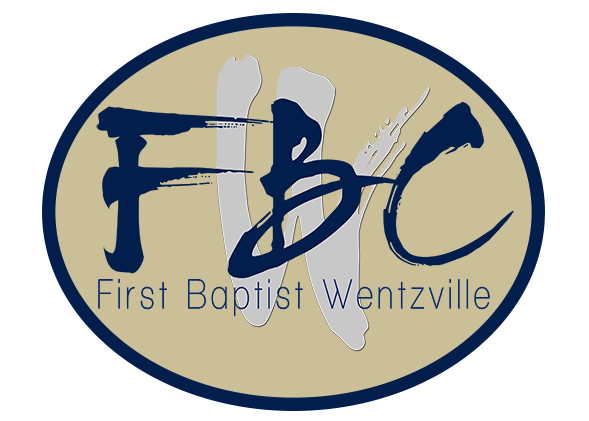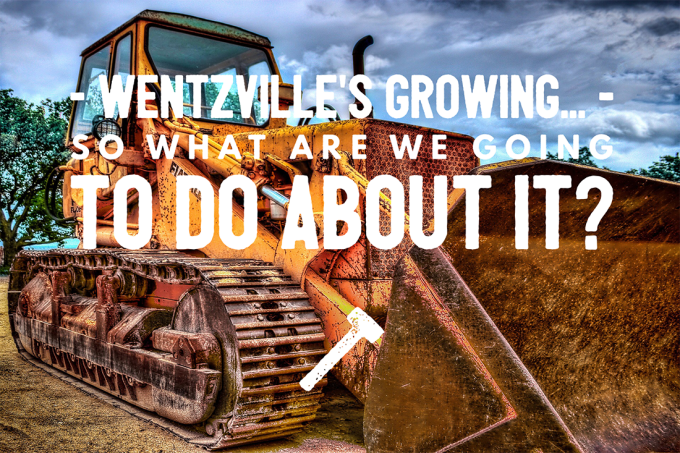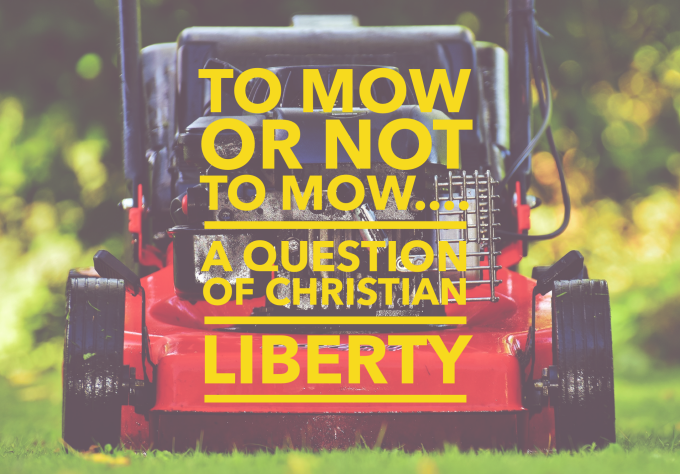Have you seen the giant building going up across Highway 61 from our church? It’s going to be the second largest building in St Charles County. As some sort of supplier for the GM plant, it’s going to bring 700-800 jobs to Wentzville. New businesses are popping up all over Wentzville along with countless new homes. What’s that mean for us as a church? What are we going to do about it? We see our community growing and changing all around us. God has positioned us here for such a time as this. We can’t afford to not take advantage of this opportunity to further grow God’s kingdom! In Matthew 28, God commanded us to go, to reach people for Christ. What’s keeping us from it? The leader at Lifeway, Thom Rainer, recently wrote a blog post answering that exact question. I hope you’ll take a few minutes to read his 10 Reason Why Churches Aren’t Evangelistic. I think you’ll find something on the list that will challenge you and spur you on to a greater effort to reach our growing community.
To mow or not to mow—that is the question. Not quite the same quote that you’ve always heard, but it is one I have struggled with throughout the years. You may be wondering where this is going, so let me explain. I was raised in a small country church that was very conservative – conservative to the point that The Lord’s Day had great significance and was to be regarded appropriately. For our family, that meant that The Lord’s Day (Sunday) was to be reserved for the Lord. I was taught that we were not to work or do any chores that could be done on another day of the week. With this in mind, mowing the grass on Sunday just was not done. As a young boy this had a fairly significant impact on my thinking. However, as I grew, I began to observe such situations as that of my brother-in-law who owned a dairy farm. I don’t know how many of you have dairy cows as friends, but in case you don’t know, they don’t observe The Lord’s Day. They want to be milked twice a day, 7 days a week, 52 weeks a year! He had no choice but to milk on Sunday so this caused me to begin to think about our Christian liberty as well as our Christian duty. As a young adult, it seemed as if Sunday was the only time I had to do some of the home chores such as mow the grass. I couldn’t figure out what the answer was.
Just how “free” is free? Jesus stated “You will know the truth, and the truth will set you free” (John 8:32 HCSB) Does this mean we are free to live any way we please? While it is true that some Christians would answer that with a rousing “yes”, such an answer simply does not align with the rest of scripture. First of all, from what have we been freed? The answer is plain in scripture—we have been freed from the bonds of sin (see Rom. 6:6). This means that we are no longer bound to live as the world lives. While this freedom does grant us certain privileges, we also know that scripture teaches we are not to use our privileges to the detriment of a brother or sister. This is where the gray area begins to appear. Things that we might not be convicted of are an issue for a brother or sister in Christ. Do we stop or do we not? Once again, the answer lies in scripture. The Apostle Paul, in his letters, made the point abundantly clear that love should override everything else. Love should be the foundation of everything we think, say or do with regards to another human. Does that mean we always bend to everyone else’s view of things? Certainly not! Jesus did not bend to anyone’s way of thinking but He still thought about, spoke to, and acted toward them with love. However, bear in mind that Jesus is fully God as well as fully human; therefore, He was able to do everything perfectly while here on earth, which we cannot. However, if we allow the Holy Spirit to lead and guide us in all our relationships, we can know when we should bend and when we should not. The Bible clearly commands us to put others before ourselves: “Do nothing from selfishness or empty conceit, but with humility of mind regard one another as more important than yourselves” (Phil. 2:3 NASB95). What is “empty conceit” other than thinking: “I have the right to do what I want, no matter what you think of it.” Paul also told the Romans they should have brotherly love for each other and treat each other with honor (see Romans 12:10). While what Jesus said is absolutely true: “So if the Son makes you free, you will be free indeed” (John 8:36 NASB95), it does not mean that we can be “free” while not caring about our brothers and sisters. When Paul was writing to the Corinthians in chapter 8, he was addressing an issue that has very little relevance to us – eating foods offered to idols. However, we can take the truth of his teaching and bring it across the “principlizing bridge” (I learned about this in my Hermeneutics class) to apply to our lives today. The truth is summed up in verse 9: “But take care that this liberty of yours does not somehow become a
stumbling block to the weak” (1 Cor. 8:9 NASB95). We need to couple this truth with the truth that James pointed out in his letter: “Therefore, to one who knows the right thing to do and does not do it, to him it is sin” (James 4:17 NASB95).
So, the answer to the opening question, for me, is another question: “If I mow, will I be violating my own convictions or will I be causing a brother or sister to stumble?” Since God has made us free, we should enjoy such freedom, but only in a manner that brings glory and honor to God.



